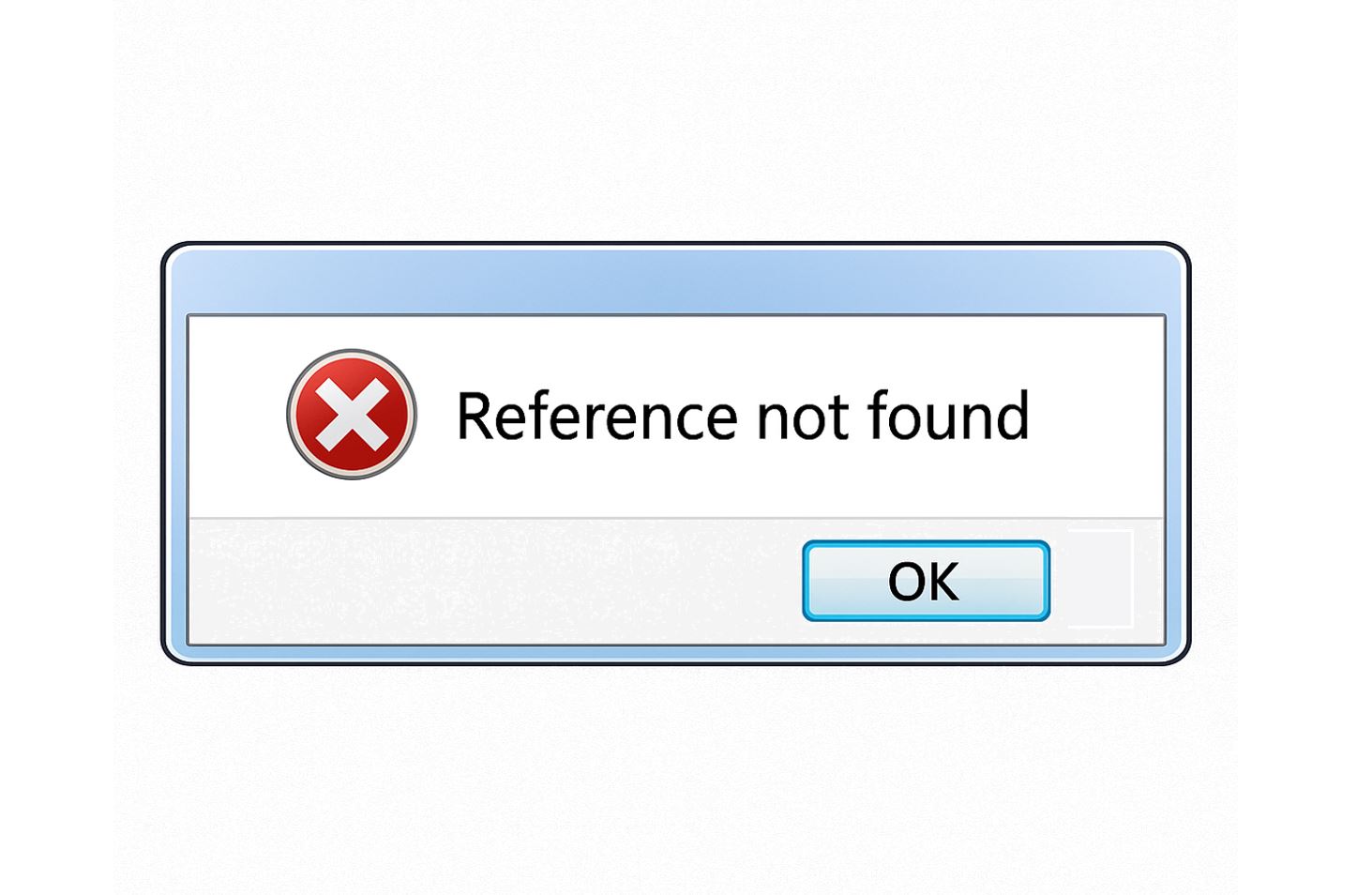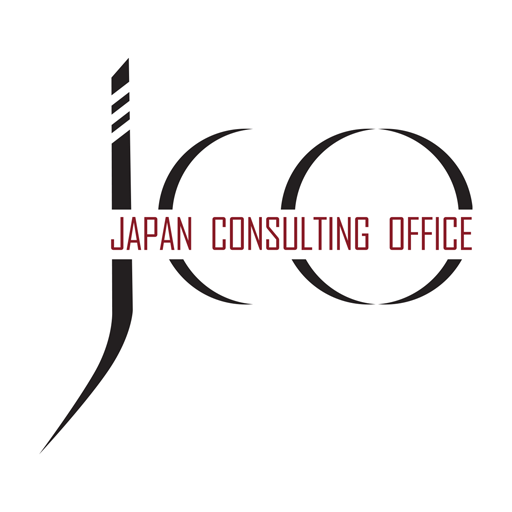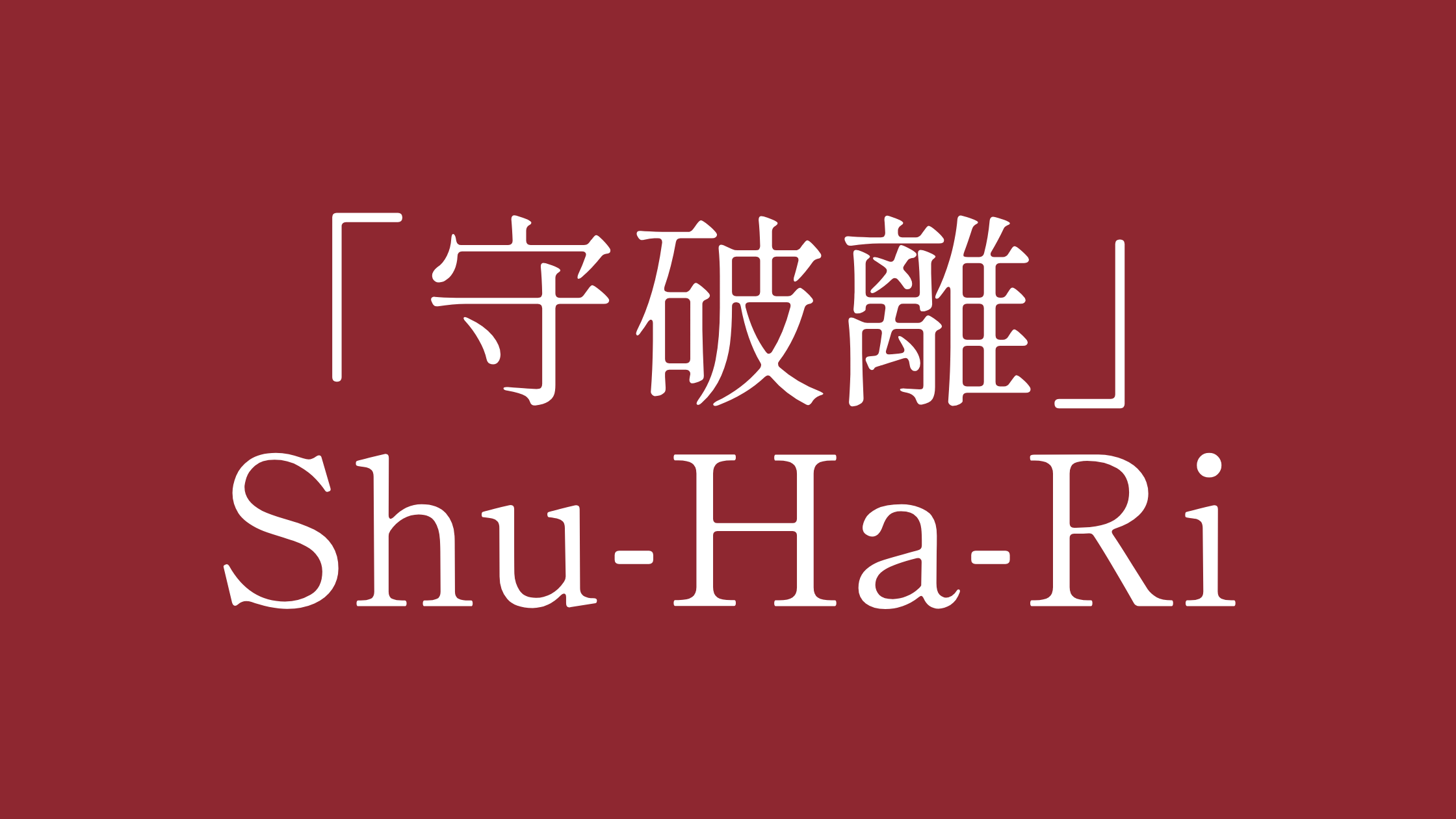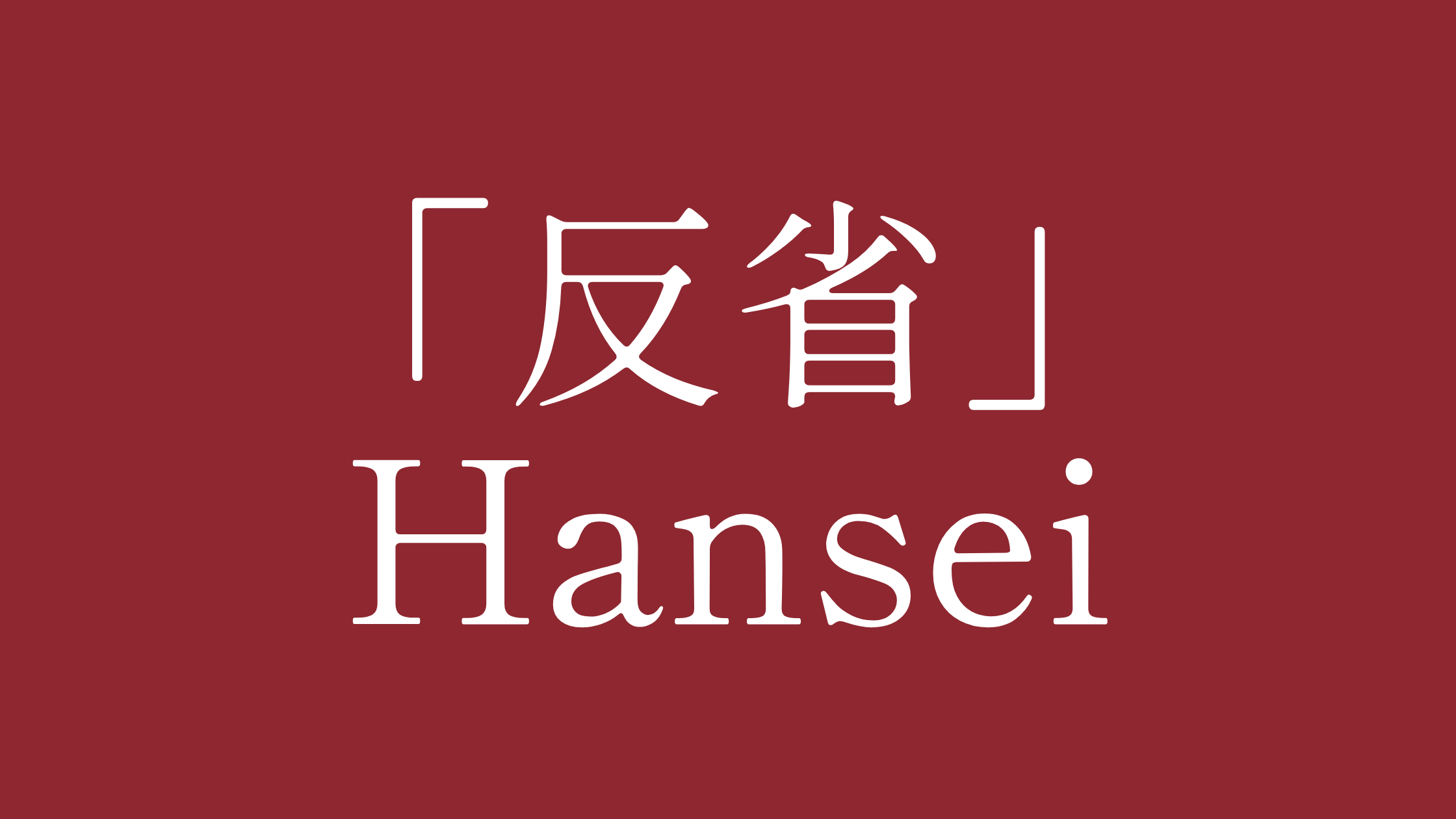
(This is the second part of the "Global Management essentials" series by JCO for Japanese expatriates.
Find part 1 here)
In many global companies, the word “escalation” is used confidently and often. For most managers, it means taking ownership: when a problem grows beyond one’s authority, the person responsible informs the next level so that the issue can be resolved efficiently. Escalation can be about many topics, including business- and staff-related issues.
From a Japanese perspective, however, the same action can feel uncomfortable. Traditionally, Japanese business culture values harmony (和), self-control, and nemawashi, the quiet process of preparing consensus before formal action.
“To escalate” something actively and officially can sound like giving up too early or exposing internal difficulties to outsiders.
Interestingly, in the Japanese language there is no direct equivalent of the active verb “to escalate” (as in: “XYZ escalated the issue to HR”) other than the English loanword “esukareshon/エスカレーション”.
In Japanese, people tend to describe such situations passively rather than actively:
- 発展する – “to develop into something”
- 深刻化する – “to become serious”
- こじれる – “to get complicated”
Even in legal or HR matters, it might often be expressed as: 問題が法的措置に発展した。
“The issue developed into legal action.”
In manyJapanese organisations, the English word "escalation" is used in a different sense. Namely, one department will notify headquarter and/or other departments about potential problems that may arise in the future. But this is not done by one individual but rather on behalf of the team to make sure that potential problems can be monitored at higher level as early as possible. In that sense it's more a "pre-warning system"!
In essence, there is not one person "driving the escalation" as the situation and then, ideally, the solution unfold on their own, based on thorough internal reporting.
Although there are, of course, instances of individual Japanese team members that “officially escalate” an issue in a more Western sense, this linguistic pattern reflects a mindset that values endurance and collective resolution. Yet in global organizations, at times this can unintentionally delay action.
Non-Japanese counterparts may interpret silence as lack of ownership, while Japanese employees may think they are showing patience and respect.
In a global context, the challenge for Japanese professionals is to balance harmony with accountability. Escalation does not mean confrontation; it means ensuring that the right people can help before the issue grows. Taking action early is not an act of blame — it is an act of responsibility.
Here is some advice for Japanese expatriates from JCO experts from different regions.
Olivier van Beneden (Managing Director JCO):
"Within Europe, there is a trend in more Egalitarian cultures (most Germanic and Scandinavian countries) to address those issue openly, based on facts, in a objective and calm way.
On the other hand, there is a tendency in more Hierarchical cultures (most Latin and Eastern European countries) to prefer an informal discussion respecting the hierarchical structure and communication channel of the organization.”
Saskia Rock (Managing Director JCO USA):
“In the U.S., escalation is often viewed as a hallmark of professionalism and accountability. It’s not about creating drama or shifting blame, it’s about ensuring that issues are addressed quickly and by the right people.
Especially in fast-paced or high-stakes environments, raising a flag early is seen as a strength, not a weakness. It signals that someone is paying attention, taking ownership, and protecting the broader team or business from unnecessary risk.
Escalation, in this context, is part of a culture that values transparency, speed, and clear lines of responsibility.”
Rie Ota (senior JCO trainer/consultant and APAC specialist):
“In many Asian cultures, preserving collective harmony is a fundamental social duty. Consequently, direct confrontation is typically bypassed in favor of engaging trusted senior figures to mediate conflicts and restore balance.
True leadership in APAC often means choosing quiet, respectful resolution over rapid escalation, which is key to maintaining relationships and face."
To learn about this and other topics why not attend one of the open workshops JCO runs all around the world!





